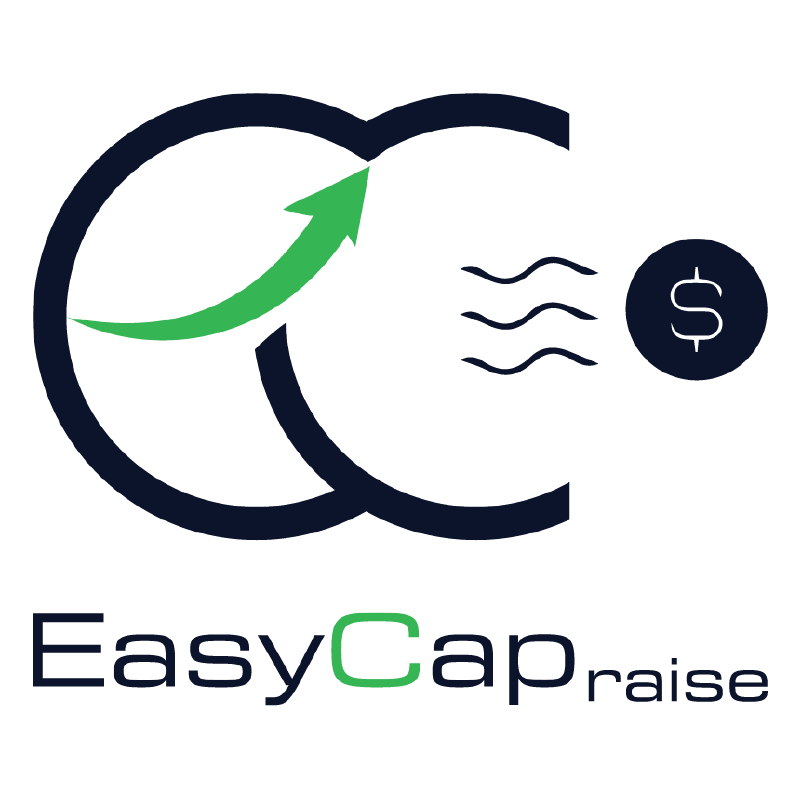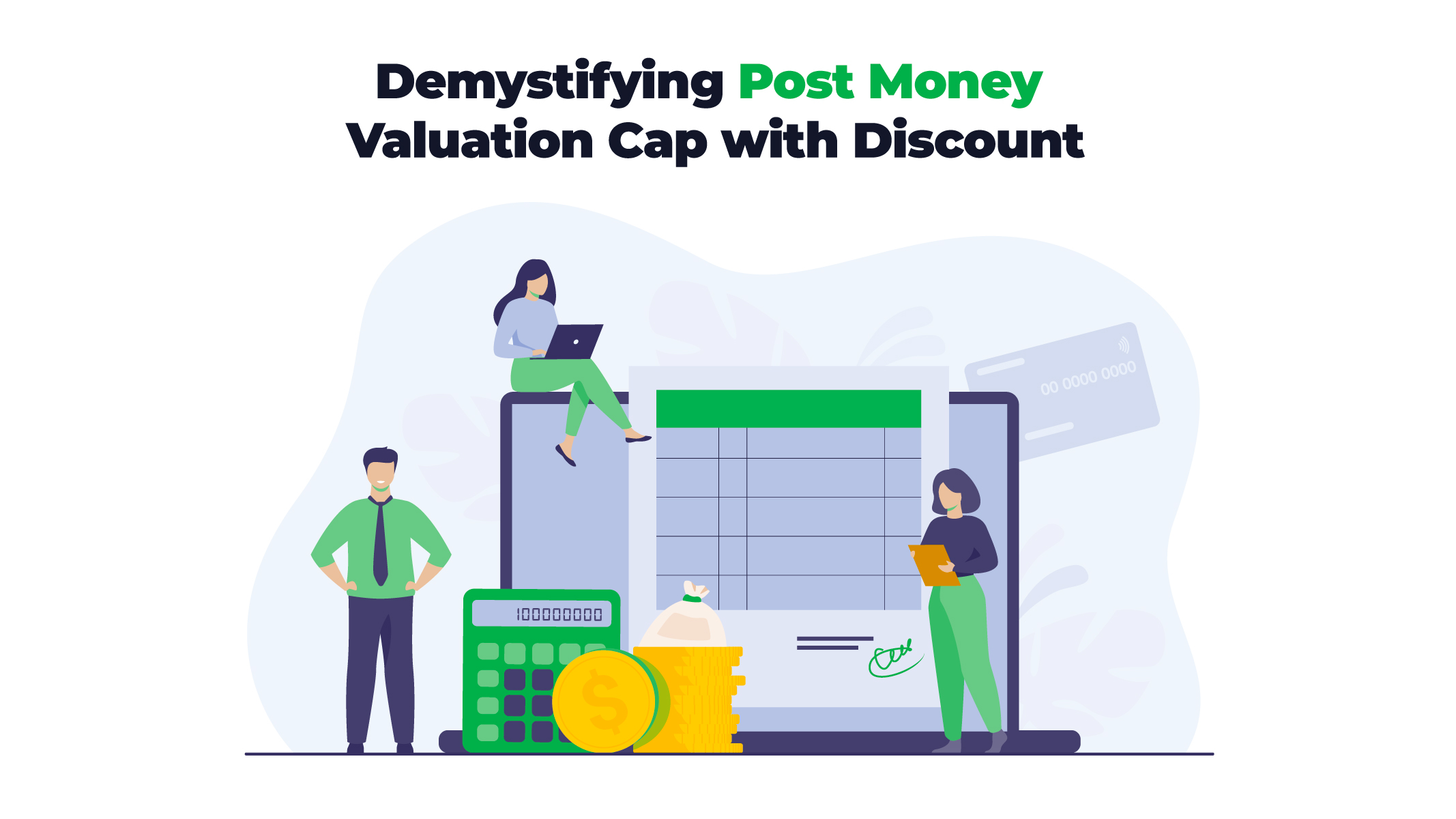Startup Valuation Hype: Is it Time for a Reality Check? (Updated 2023)
[read_meter]
Startups have been a hot topic in the business world for quite some time now. With the rise of innovative ideas and technological advancements, these young and agile companies have garnered immense attention from investors and the media. One of the key aspects that drives the excitement around startups is their valuation, which can often reach astronomical figures. However, with all the startup valuation hype, it is essential to take a step back and assess whether it is time for a reality check.
Understanding Startup Valuation
Definition of Startup Valuation
Startup valuation refers to the process of determining the monetary worth of a young company. This valuation is crucial, as it directly impacts various aspects of the business, including fundraising, equity distribution, and future growth opportunities.
Factors Influencing Startup Valuation
Several factors influence the valuation of a startup. These include the company’s growth potential, market size, competitive advantage, revenue projections, and the team’s expertise. The interplay of these elements helps investors and stakeholders gauge the potential return on investment.
The Startup Valuation Hype

Media Influence on Valuation Hype
In the age of information, media coverage plays a significant role in shaping public perception. Startups with eye-catching ideas or charismatic founders often receive extensive media coverage, fueling the startup valuation hype around their valuation.
Investor FOMO and Valuation Hype
Fear Of Missing Out (FOMO) is a powerful psychological driver. Investors, afraid of missing out on the next big thing, may rush to invest in startups with soaring valuations, driven by the belief that everyone else is doing the same.
High-profile Startup Valuations
The success stories of startups like Uber, Airbnb, and SpaceX, which achieved remarkable valuations, have created a halo effect on other startups. Aspiring entrepreneurs and investors may see these high-profile cases as the benchmark for success, leading to inflated expectations.
Reality Check: Challenges in Valuation
Uncertain Market Conditions
Market dynamics can be unpredictable, especially for startups operating in rapidly evolving industries. Economic downturns, changes in consumer behavior, or disruptive technologies can significantly impact a startup’s valuation.
Fluctuating Revenue and Profits
Startups often face challenges in generating stable revenue and profits in their early stages. The uncertainty surrounding financial performance can make accurate valuation a complex task.
Competitive Landscape
The startup comunity is highly competitive, with new players entering the market regularly. Competitors can quickly alter the dynamics of a sector, affecting the valuation of existing startups.
Balancing Growth and Valuation
Sustainable Growth Strategies
Focusing on sustainable growth rather than rapid expansion can help startups maintain a realistic valuation. Building a loyal customer base and expanding gradually can lead to more accurate valuations.
Long-term Viability
Investors should look beyond short-term growth metrics and assess a startup’s long-term viability. Companies that demonstrate the potential for long-lasting success are more likely to have valuations that reflect their true worth.
The Role of Investors
Responsible Investing
Investors play a crucial role in preventing valuation hype. Responsible investing involves conducting thorough due diligence and making informed decisions based on a startup’s fundamentals, rather than succumbing to market euphoria.
Due Diligence in Valuation
Investors must conduct in-depth due diligence to understand the startup’s business model, revenue streams, competitive advantage, and potential risks. This information helps in arriving at a more accurate valuation.
Ready to Simplify Your Path to Investor Funding?
Partner with Easy Capraise and experience a seamless journey toward securing the investment your business deserves. Say goodbye to time-consuming tasks and hello to expert guidance, tailored solutions, and increased success rates. Let us handle the intricacies while you focus on growing your business. It’s time to raise funds the easy way with Easy Capraise!
Learning from Past Valuation Mistakes
Dot-com Bubble Lessons
The dot-com bubble of the late 1990s serves as a cautionary tale of irrational exuberance in the tech industry. Many startups with inflated valuations during that period eventually crashed, highlighting the importance of rational valuation practices.
Overvaluation Consequences
Startups with unrealistic valuations may face challenges in subsequent funding rounds, attracting the wrong types of investors, or losing credibility in the market. A fair and reasonable valuation is essential for a startup’s long-term success.
The Importance of Profitability
Profitability vs. User Base
While user acquisition is essential for startups, sustainable profitability should be the ultimate goal. A massive user base with no clear path to profitability can lead to overvaluation.
Sustainable Business Models
Startups need to focus on developing robust and sustainable business models that can generate consistent revenue streams. A well-defined business model is a foundation for realistic valuation.
Staying Grounded: Building a Solid Foundation
Focus on Core Competencies
Startups should concentrate on their core competencies and build products or services that address real market needs. A strong foundation ensures that the valuation is based on tangible value rather than speculative startup valuation hype.
Scalability and Adaptability
Scalability is vital for startups, but they should also be adaptable to changing market conditions. Startups that can pivot when necessary are more likely to survive and thrive in the long run.
Strategies for Realistic Valuation
Seeking Expert Advice
Entrepreneurs should seek advice from industry experts, mentors, and advisors to gain a more objective perspective on their startup’s valuation. Experienced professionals can provide valuable insights that may not be apparent to the founders.
Building Strong Revenue Projections
Revenue projections should be realistic and data-driven. Conservative estimates that consider potential risks and challenges can lead to a more balanced valuation.
Diversifying Funding Sources
Overreliance on a single investor or funding round can lead to pressure to inflate valuations. Diversifying funding sources ensures that startups can negotiate fair terms based on their actual value.
FAQs
Why do startup valuations often become exaggerated?
Startup valuations can become exaggerated due to media coverage, investor FOMO, and the influence of high-profile success stories.
What is the role of investors in preventing startup valuation hype?
Investors can prevent startup valuation hype by conducting due diligence, focusing on fundamentals, and making informed investment decisions.
How can startups ensure long-term viability?
Startups can ensure long-term viability by prioritizing sustainable growth, building strong customer relationships, and adapting to market changes.
What are the risks of overvaluing a startup?
Overvaluing a startup can lead to challenges in future funding rounds, attracting the wrong investors and damaging the company’s reputation.
Why is profitability important for startups?
Profitability indicates a startup’s ability to sustain itself without relying solely on external funding, contributing to a more accurate valuation.
Conclusion
Startup valuation hype can be a double-edged sword. While it attracts attention and investment, it can also lead to unrealistic expectations and overinflated valuations. It is essential for entrepreneurs, investors, and stakeholders to approach startup valuation with a rational mindset, considering the company’s fundamentals and long-term prospects. A realistic valuation sets the stage for sustainable growth and success in the startup journey.
Contact us
Good to have you here! If you have any queries, please leave your message. Our team will reach out soon:)
.








